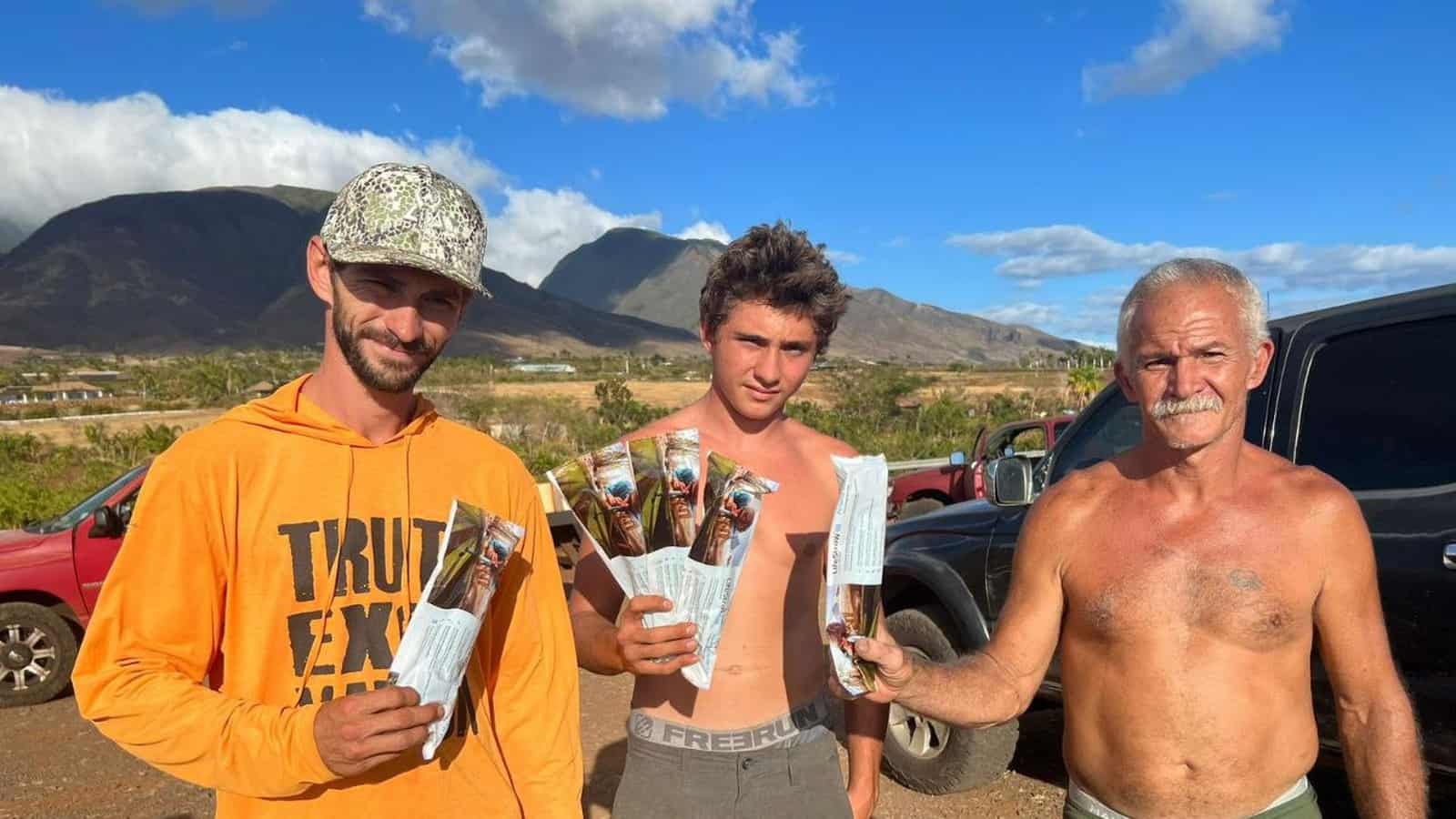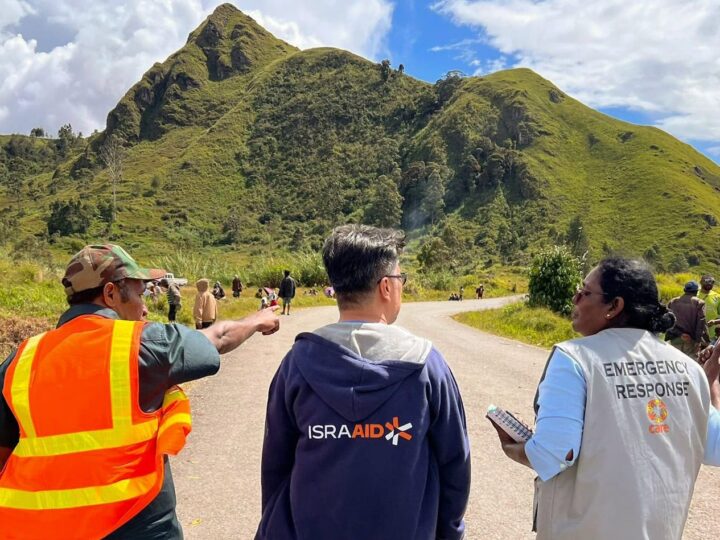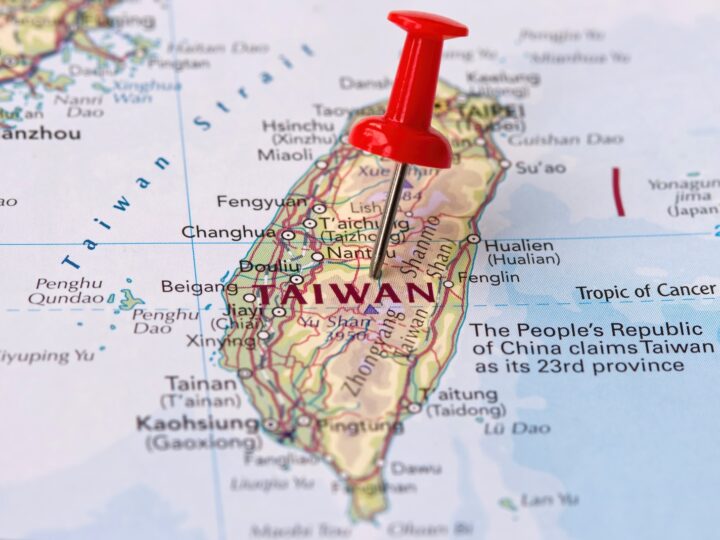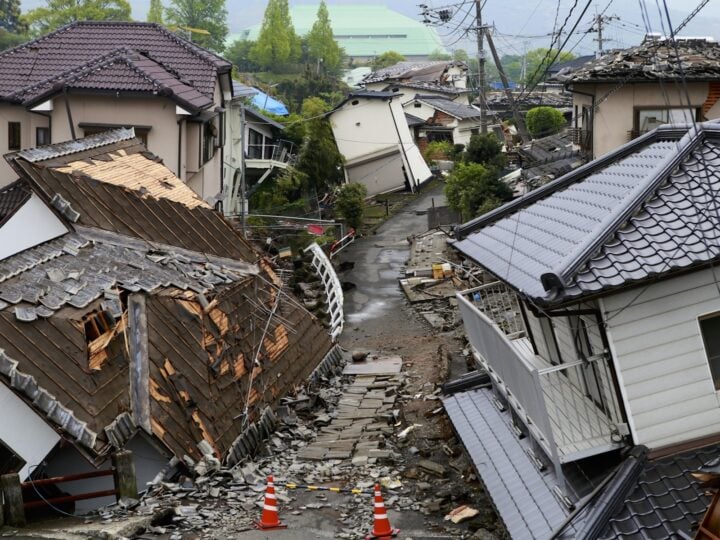Israeli humanitarian aid and disaster relief organization SmartAID has sent a team of specialists to help rescue efforts in Maui after a devastating wildfire scorched areas of the Hawaiian island last week.
The US National Weather Service said Hurricane Dora, which passed south of Maui, was partly responsible for driving the flames across the island. The fire destroyed many homes and forced evacuations. At least 96 bodies have been recovered so far in the search for those still missing.
A team of eight SmartAID specialists already landed in Maui. At least four specialize directly in search and rescue. The others are set to assist in installing telecommunication systems meant to facilitate better coordination among first responders and ensure a seamless provision of aid and various social services.
SmartAID is in the process of establishing a coordination center equipped with laptops and Wi-Fi to assist charities arriving on the island.
Two more team members are scheduled to arrive later this week to help set up solar energy installations. The systems will offer support to medical teams on the ground, who are treating injured civilians.
In order to secure uninterrupted electricity supply, the SmartAID team will also help install Tesla Power Wall Microgrids at five strategic locations.
The team is also distributing crucial relief items, such as hygiene kits, blankets, water filters and clothing.
In addition, SmartAID’s German volunteers are preparing to ship to Maui essential high-end cleaning machines to local health institutions, temporary shelters and homes that were damaged but not completely destroyed by the fires.
SmartAID said the teams are working all across Maui, with locations shifting constantly due to movement of people. Many locals don’t want to leave the island, wishing to stay close to their homes. Temporary shelters are now being set up by the local government and by the community itself.
“SmartAID is on the ground to support local efforts,” Founding Director Shachar Zahavi told ISRAEL21c.
“We believe that the only way to come out stronger is to allow the local community to decide what is best for them, that they lead the way and decide when and where the aid efforts must be concentrated,” Zahavi said.

















